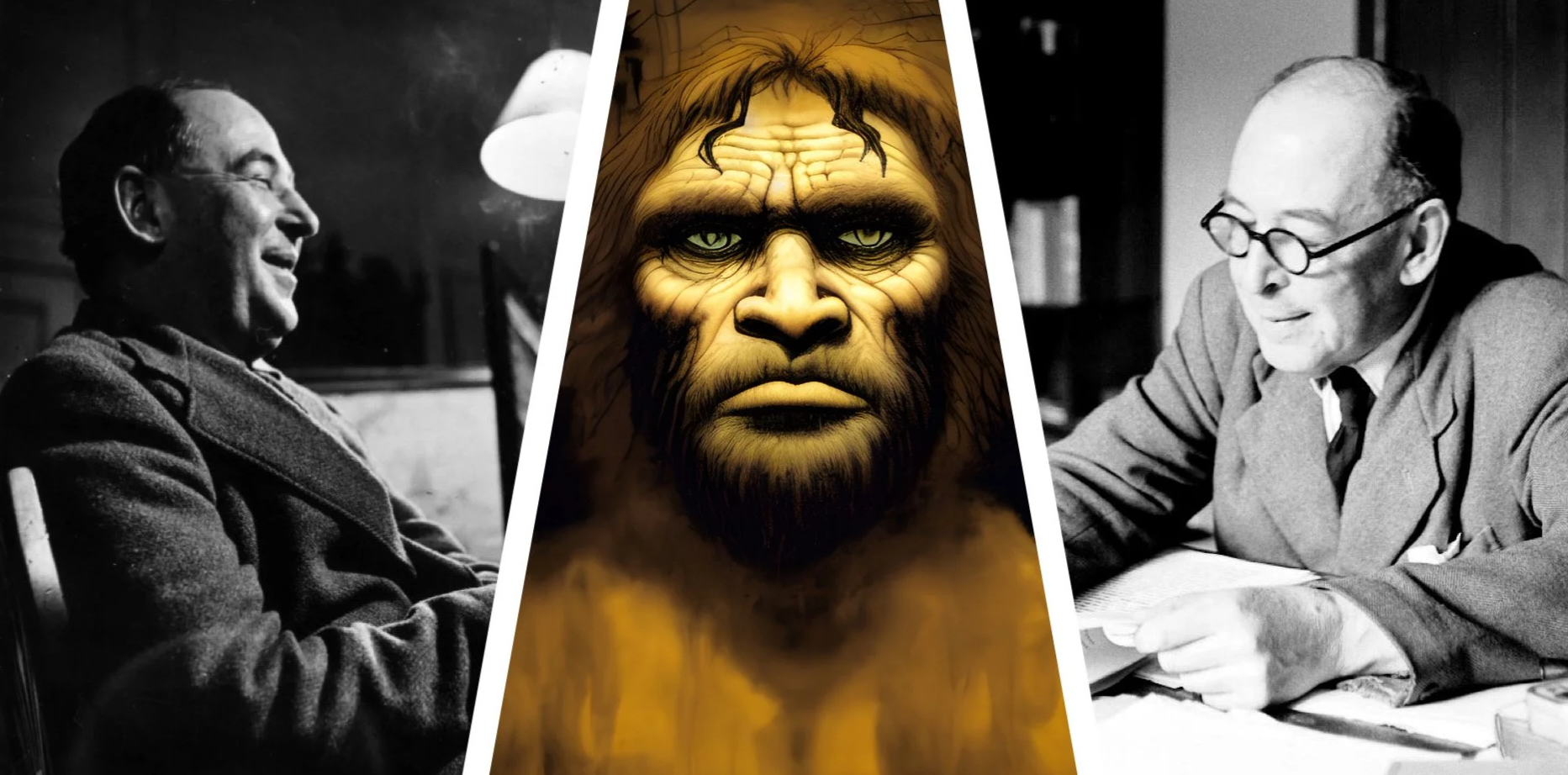Ambiguous bowdlerization
/Last Friday I reviewed Game Without Rules, a great collection of spy stories by Michael Gilbert. Some spoilers ahead for the last story in the book, “A Prince of Abyssinia,” but also an important and vexing question.
Though appearing in most of the eleven stories in the book, Mr Calder’s beloved and intelligent Persian deerhound Rasselas has the spotlight in this story, as evidenced by the title: Rasselas being named after the title character in Dr Johnson’s novella The History of Rasselas: A Prince of Abyssinia.
The plot of this story concerns the return of a former Nazi agent who, captured and tortured by Mr Calder during World War II, wants revenge. In the climax, this agent captures and traps Mr Behrens to prevent him from intervening, then appears disguised at Mr Calder’s cottage. Rasselas senses his intentions and attacks but is killed, and the agent is killed in turn. After a moment in which Mr Calder and Mr Behrens grieve, here’s how the story ends:
Between them they dug a deep grave behind the woodpile, and laid the dog in it and filled it in, and patted the earth into a mound. It was a fine resting place, looking out southward over the feathery tops of the trees, across the Weald of Kent. A resting place for a prince.
Colonel Weinleben they buried later, with a good deal more haste and less ceremony, in the wood.
At least, that’s how my Herald Classics copy from Union Square & Co concluded. But in looking later at Mr Calder and Mr Behrens’s hodgepodge of a Wikipedia article—haphazardly put together even by Wikipedia’s standards—I saw that last paragraph quoted at greater length. I checked the passage on Wikipedia against the recent Penguin paperback published as part of their Modern Classics Crime and Espionage series. Here’s the original last paragraph:
Colonel Weinleben they buried later, with a good deal more haste and less ceremony, in the wood. He was the illegitimate son of a cobbler from Mainz and greatly inferior to the dog, both in birth and breeding.
Odd—not only that the American edition from Union Square omits the concluding sentence of the story—and the entire book!—but that it omits such a thematically important one, explicitly juxtaposing the noble dog with the duplicitous agent, a worthy animal against a scummy, murderous man.
I’m not sure how or why this happened. A copyediting mistake? Carelessness? Or censorship? If the latter, why this sentence? I call this “bowdlerization” in the title of this post but I can’t be sure preventing Gilbert from being mean about a fictional Nazi spy’s parentage is the reason the sentence disappeared. There is no note on the copyright page about changes to the text, no butt-covering editor’s note, nothing in Alex Segura’s introduction or on Union Square’s website—no notice whatsoever that the text is different from what Gilbert originally wrote.
If this is intentional, it would not be the first case of stealth editing, a problem that has already afflicted e-books, often without the knowledge or permission of even living authors.
It also bothers me that I cannot be sure that the cutting of the final sentence is the only such instance in the book. It will take a while to look through and find others, though there is, in fact, at least one other omission at the very beginning. The Union Square edition cuts Gilbert’s dedication:
To Jacques Barzun, of Columbia University, an amateur of detection
Is it significant that a tribute to a famously conservative-leaning historian was deleted? Without any kind of acknowledgment from the publisher that anything at all has been cut, who can know? But whether this was simply editorial sloppiness or intentional cutting—and whether there are more such cuts to the texts of the stories—it is a troubling incident. And here I was daring to be hopeful about publishers rejecting censorship.
I hope I’m wrong. The Penguin Modern Classics edition appears to be unexpurgated, at any rate, and this gives me an excuse to reread these excellent stories soon.











